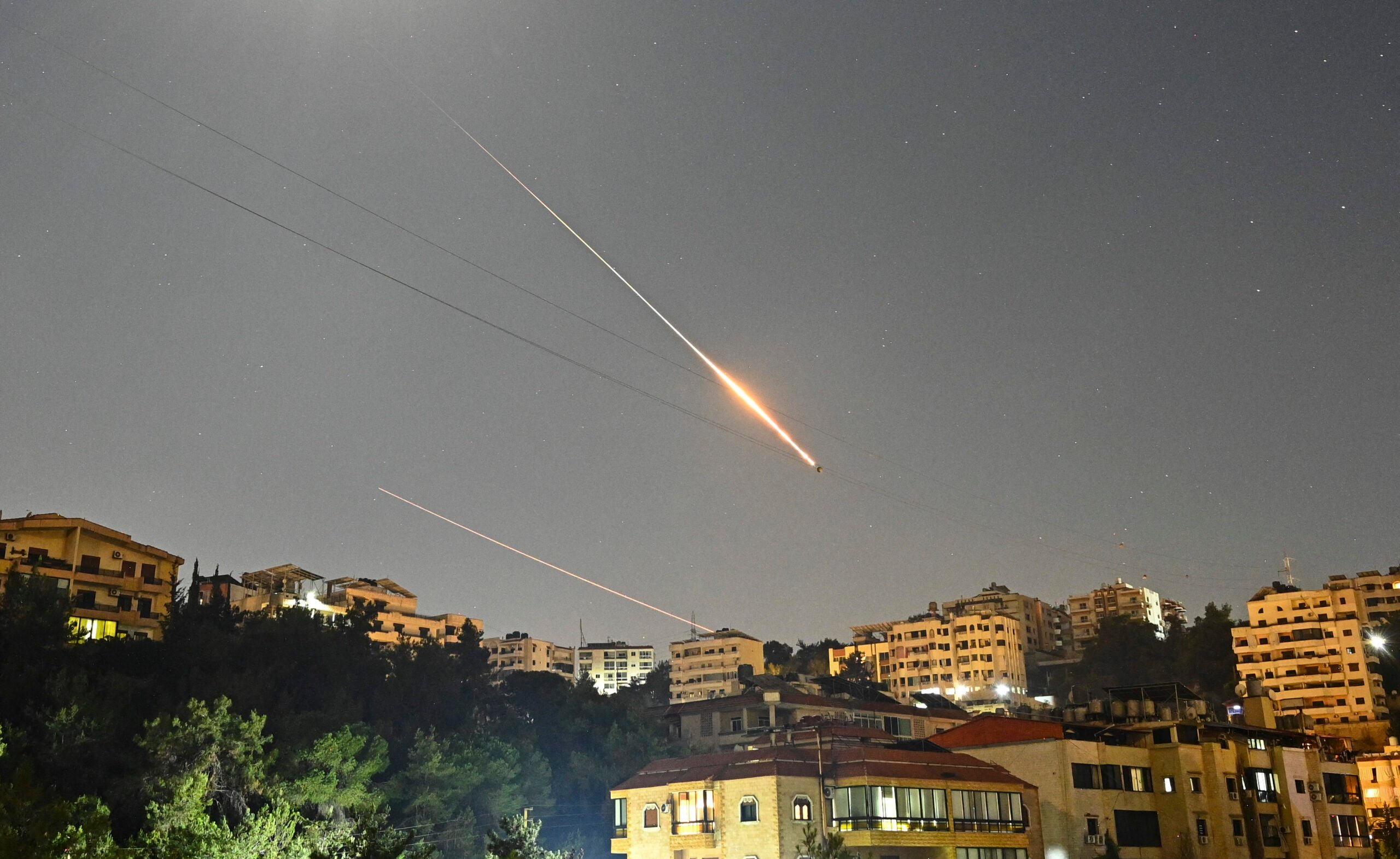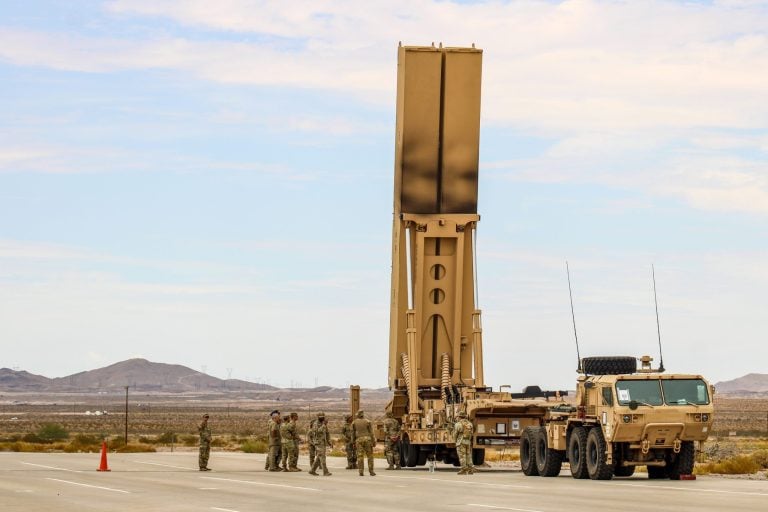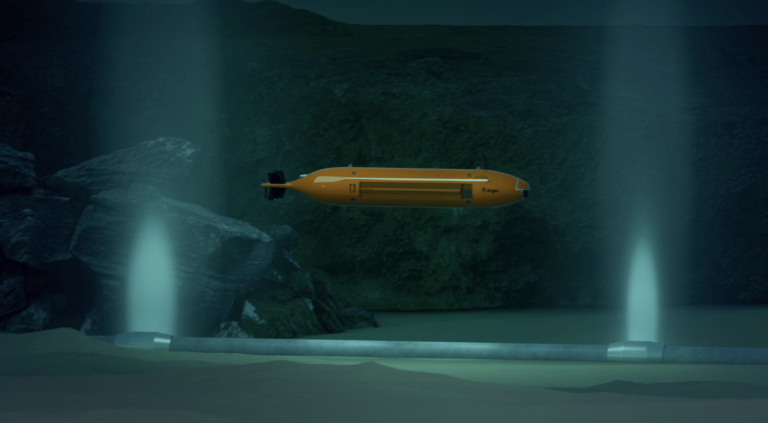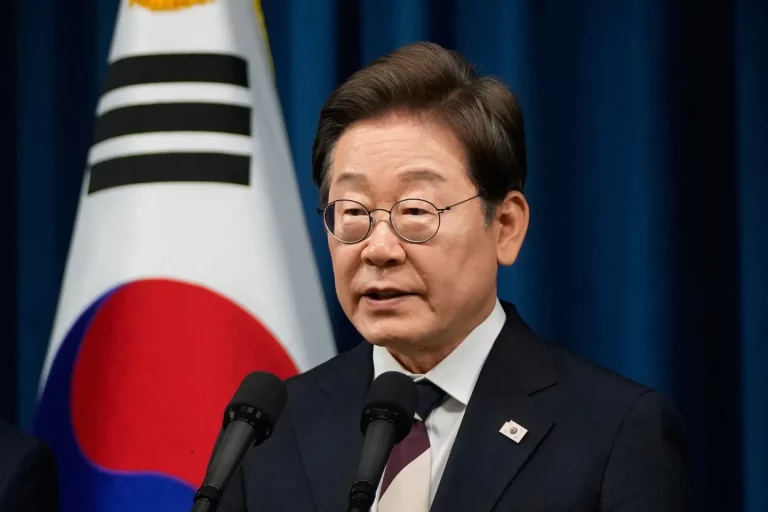A senior Iranian official has issued a stark warning that tensions between Iran and Israel could escalate into war at any moment. First Vice President Mohammad Reza Aref characterized the current pause in hostilities, which followed a 12-day conflict in June, as a mere temporary lull rather than a formal ceasefire. He emphasized the need for constant readiness, stating, “We must be prepared at every moment for confrontation; right now, we are not even in a ceasefire.”
The June conflict was marked by intense bombings, with Israel targeting Iranian nuclear and military facilities as well as residential areas, resulting in the deaths of over 1,000 individuals, including key military leaders and nuclear scientists. In retaliation, Iran launched missile and drone strikes that led to casualties in Israel.
Despite the U.S. announcing a halt to the fighting on June 24, shortly after participating in the conflict with attacks on Iranian nuclear sites, there has been no formal ceasefire agreement. Instead, the situation has remained a precarious cessation of hostilities.
Military adviser to Iran’s supreme leader, Yahya Rahim Safavi, echoed Aref’s sentiments, asserting that the nation is bracing for the worst. “We are not in a ceasefire now; we are in a war phase,” Safavi indicated, adding that the absence of a structured agreement leaves the likelihood of renewed conflict open. “A ceasefire means ceasing attacks; that could change at any time,” he warned.
While Iranian officials maintain that the country does not desire war, they affirm their preparedness for further confrontations. Western nations continue to accuse Iran of seeking nuclear weapons through its atomic program, allegations that Tehran has consistently denied.
In the aftermath of the June conflict, both Israel and the U.S. have issued threats of future action against Iran should it resume its nuclear activities. The International Atomic Energy Agency (IAEA) has raised alarms, highlighting that Iran is enriching uranium to 60 percent—well above the 3.67 percent limit established by the 2015 nuclear deal. This level of enrichment is alarmingly close to the 90 percent required for nuclear weaponization.
In a geopolitical context, Britain, France, and Germany, all signatories of the 2015 nuclear agreement, have threatened to reintroduce sanctions that had been lifted under the deal. Iran has responded with warnings of dire consequences, with some officials hinting at a potential withdrawal from the Nuclear Non-Proliferation Treaty altogether.







